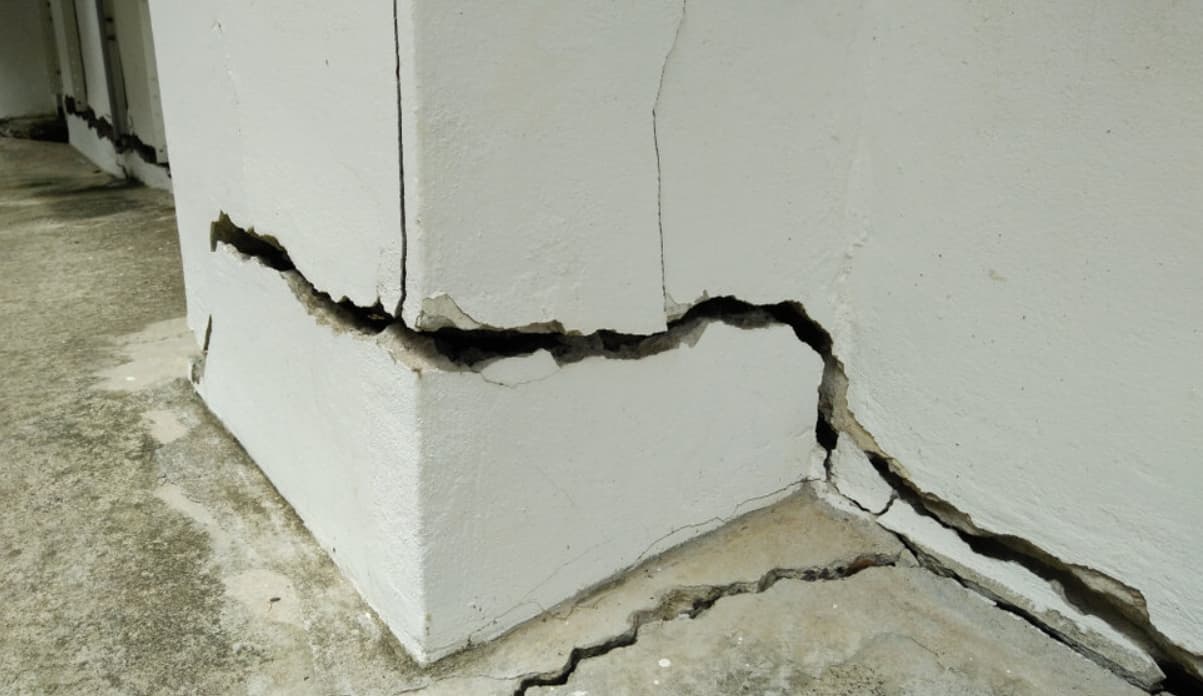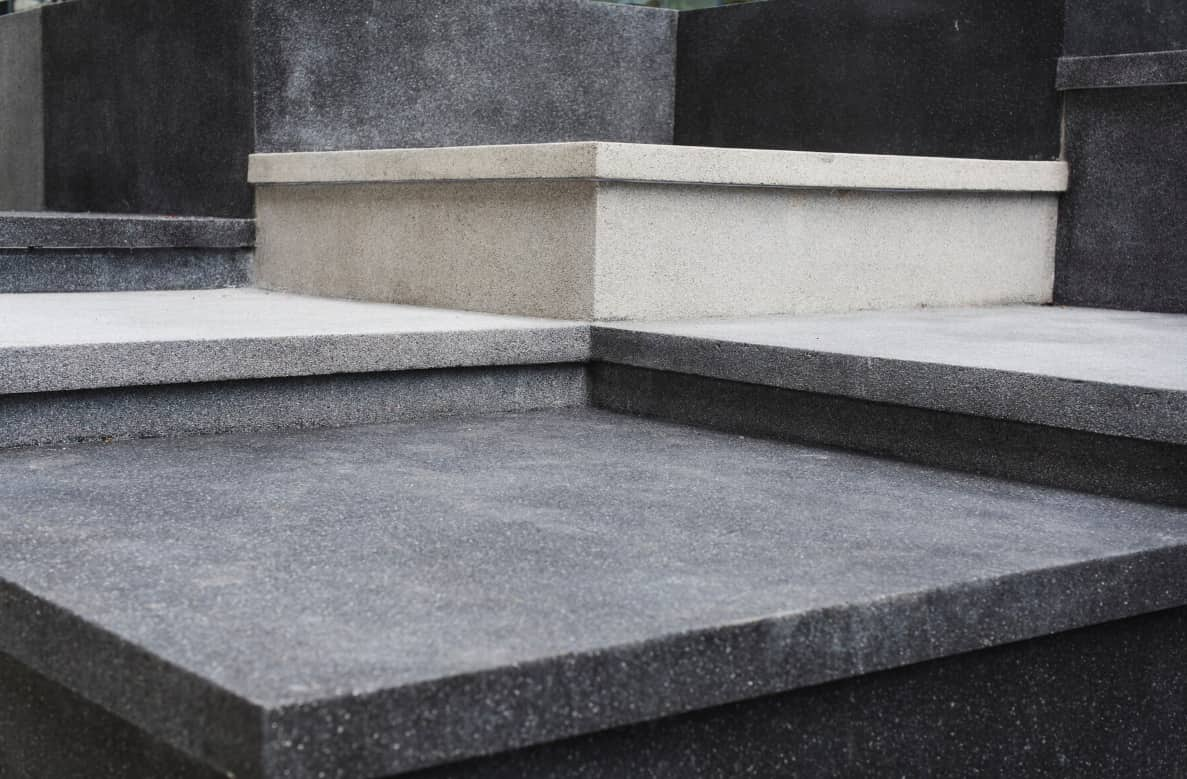Ever wondered what happens to your home after you’re gone? Many homeowners are turning to trusts as a smart way to protect their property and ensure it passes smoothly to their loved ones.
But like any legal tool, setting up a trust comes with costs. So, how much does it cost to put your house in a trust?
The short answer is: it depends. Most people spend between $1,000 and $3,000 to set up a trust for their home.
But the final price tag can vary widely based on factors like where you live, how complex your situation is, and who you hire to help.
How Much Does It Cost to Put Your House in a Trust?

In this guide, we’ll break down the costs involved in putting your house in a trust. We’ll explore why you might want to consider a trust, what goes into the price, and whether it’s worth the investment for your specific situation.
Whether you’re planning for the future or just curious about your options, understanding the costs and benefits of a trust can help you make informed decisions about your home and your legacy.
Let’s dive in and demystify the world of trusts and estate planning!
What is a trust?
First things first: what exactly is a trust? Think of it like a special box where you can put your stuff. But this isn’t just any box – it’s a magical box with rules.
You decide what goes in the box, who gets to look after it, and who gets the stuff inside when you’re not around anymore.
In legal terms, a trust is an agreement that lets you (the “trustor”) give someone else (the “trustee”) the right to hold and manage your assets (like your house) for the benefit of someone else (the “beneficiary”).
Here’s why people like trusts:
- They help avoid a long, expensive court process called probate
- They keep your affairs private
- They give you more control over your stuff, even after you’re gone
What is a trustee?
The trustee is like the guardian of your trust. They’re in charge of looking after the stuff in the trust and making sure your wishes are followed.
You can be your trustee while you’re alive, or you can pick someone else – like a family member or a professional.
Here’s what trustees do:
- Manage the assets in the trust
- Follow the rules you set when you created the trust
- Make decisions about the trust assets
Who owns a home when it’s placed in a trust?
This is where it gets a bit tricky. When you put your house in a trust:
- The trust becomes the legal owner of the house
- The trustee manages the house according to your instructions
- You (or whoever you choose) are the beneficiary, which means you still get to use and enjoy the house
It’s like the trust is holding onto the house for you. You still get to live in it and use it, but legally, the trust owns it.
Why put a house in trust?
There are several good reasons to put your house in a trust:
- Avoid probate: This can save time and money after you’re gone
- Keep things private: Unlike a will, a trust doesn’t become a public record
- Control your assets: You can set specific rules about how your house is used
- Smooth transition: If something happens to you, the person you choose can step in and manage things easily
- Quicker for your family: Your loved ones can get the house faster without waiting for court approval
- Less stress: It can make paperwork easier for your family during a tough time
- Possible tax benefits: Some trusts might help reduce estate taxes for wealthy folks
- Peace of mind: Knowing everything is sorted out can be a big relief
How much does it cost to put a house in trust?
Now for the big question: how much will this cost you? The short answer is: it depends. But here’s a general idea:
Average cost: Most people pay between $1,000 to $3,000 to put their house in a trust.
For people with more complex situations or lots of assets, it might cost $5,000 to $8,000 or more.
What affects the cost?
- How complicated your situation is
- Where you live (prices can vary by state or city)
- Who you hire (experienced lawyers usually charge more)
Here’s what you’re paying for:
- Lawyer fees: Usually the biggest part of the cost
- Document preparation: Someone has to write up all those legal papers
- Filing fees: There might be costs for filing documents with your local government
- Title transfer: You’ll need to officially change the ownership of your house to the trust
- Recording fees: Some places charge a fee to record the new deed
Do I need to pay an attorney to set up a trust?
You don’t have to use an attorney, but it’s often a good idea. Here’s why:
DIY options:
- There are online services that let you create trust in yourself
- These can be cheaper, often costing a few hundred dollars
- They’re best for simple situations
Using an attorney:
- More expensive, usually $1,000 to $3,000
- They can handle complex situations
- They make sure everything is done correctly
Pros of using an attorney:
- Expert advice tailored to your situation
- Less chance of mistakes that could cause problems later
- Help navigate complex laws and tax rules
- Peace of mind knowing it’s done right
Cons of using an attorney:
- More expensive than DIY options
- Might be overkill for very simple situations
Remember, a mistake in your trust could end up costing a lot more than an attorney’s fee in the long run!
Disadvantages of putting a house in trust
While trusts can be great, they’re not perfect. Here are some downsides to consider:
- It costs money: Setting up a trust isn’t free
- Ongoing work: Trusts need to be managed over time
- Less control: With some trusts, you can’t just change your mind and take your house back
- Harder to borrow: Getting a mortgage or refinancing can be trickier
- Might not solve everything: You might still need to go through probate for other assets
- Possible tax drawbacks: You might lose some tax benefits that come with owning a home directly
How to put your house in a trust?
If you decide to put your house in a trust, here’s how to do it:
- Choose your trust type: Decide between a revocable trust (which you can change) or an irrevocable trust (which you can’t change easily)
- Pick a trustee: This could be you, a family member, or a professional
- Write the trust document: This is where you spell out all the rules for your trust
- Get legal help: Have a lawyer review your trust or draft it for you
- Sign and notarize: Make it official by signing the trust document
- Transfer the title: Change the deed to your house to show the trust as the new owner
- Fund the trust: Put your house (and other assets) into the trust
- Tell important people: Let your mortgage company and insurance provider know about the change
- Keep it updated: Review your trust regularly and update it if there are big changes in your life
FAQs about putting a house in trust
Here are some common questions people ask:
- Q: Are there different types of trusts?
A: Yes! There are several types, including living trusts, testamentary trusts, revocable trusts, and irrevocable trusts. Each has its pros and cons.
- Q: Can you sell a house that’s in a trust?
A: Yes, you can. The trustee handles the sale, and the money becomes part of the trust.
- Q: Does a trust help avoid paying taxes?
A: It’s complicated. Some trusts can help reduce estate taxes for very wealthy people, but trusts themselves have to pay taxes too. You might also lose some tax benefits that come with owning a home directly.
- Q: What assets can go into a living trust?
A: Lots of things! Houses, bank accounts, stocks and bonds, cars, valuable items like jewelry or art, and business interests can all go into a trust.
- Q: How long does it take to set up a trust?
A: It varies, but it can take a few weeks for simple trusts or a few months for more complex ones.
- Q: Can I be my trustee?
A: Yes, many people choose to be their trustee while they’re alive. Just remember to name a backup trustee.
- Q: What’s the difference between a will and a trust?
A: A will goes through probate and becomes a public record, while a trust avoids probate and stays private. Trusts can also work while you’re still alive, not just after death.
Bottom line: Cost to put a house in trust
So, is it worth it to put your house in a trust? Here’s how to think about it:
Potential benefits:
- Avoid probate (which can be expensive and time-consuming)
- Keep your affairs private
- Have more control over what happens to your house
- Potentially save on estate taxes (for very wealthy people)
Potential drawbacks:
- Upfront cost
- Ongoing management needed
- Possible loss of some tax benefits
For many people, the benefits of a trust outweigh the costs. But it’s not the right choice for everyone. Here’s what to do next:
- Think about your goals. What do you want to achieve with your estate plan?
- Look at your finances. How much house do you have? What other assets?
- Talk to an expert. A lawyer or financial advisor can help you decide if a trust is right for you.
- Shop around. If you decide to set up a trust, get quotes from a few different lawyers.
- Keep learning. The more you know, the better decisions you can make.
Remember, putting your house in a trust is a big decision. It’s not just about the money – it’s about making sure your wishes are followed and your loved ones are taken care of. Take your time, do your research, and get professional advice if you need it.
The cost – typically between $1,000 and $3,000 – is an investment in your future and your family’s future. For some, this cost is well worth the peace of mind and potential savings down the road. For others, simpler estate planning tools might be enough.
Whether a trust is right for you depends on your unique situation. Consider your goals, your assets, and your family’s needs.
And remember, the goal isn’t just to save money or avoid taxes. It’s about making sure your wishes are respected and your loved ones are cared for, even when you’re not around to do it yourself. And that peace of mind? Well, that might just be priceless.
Sources:













